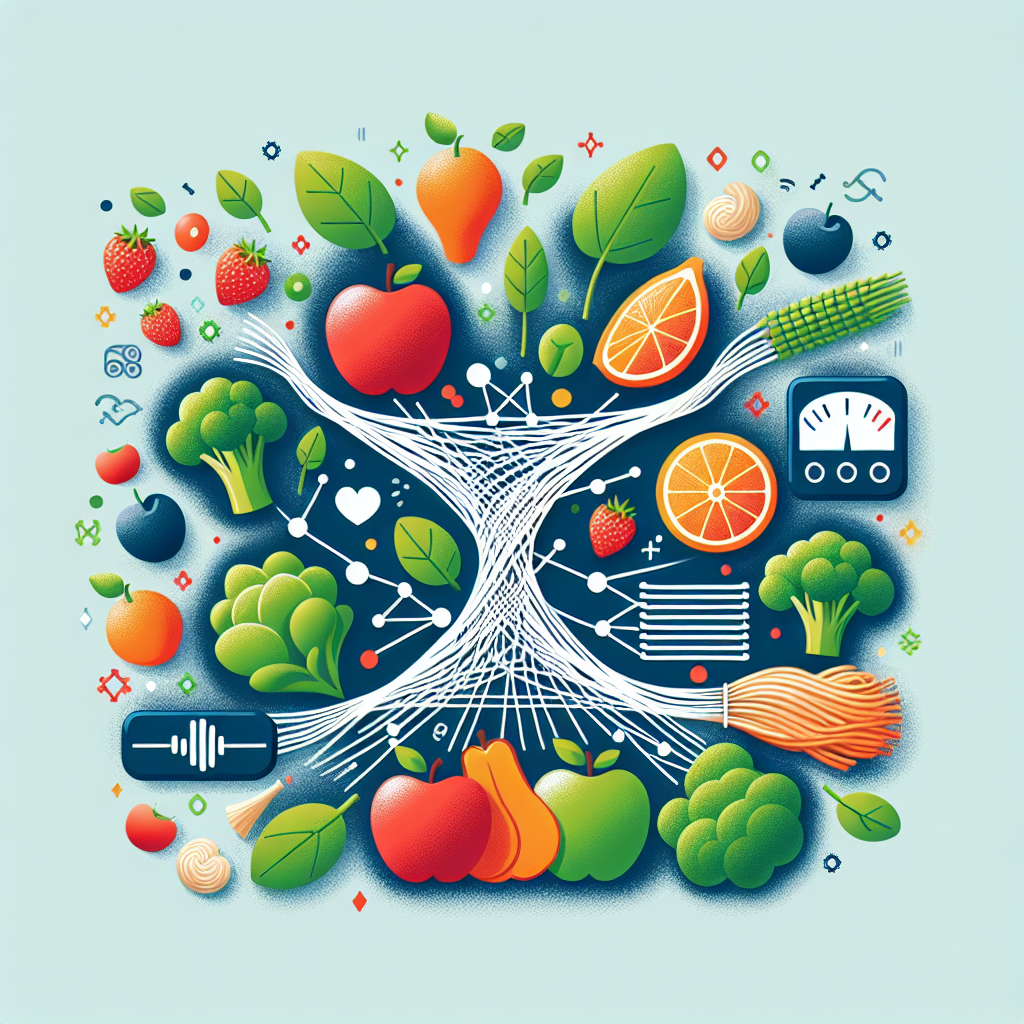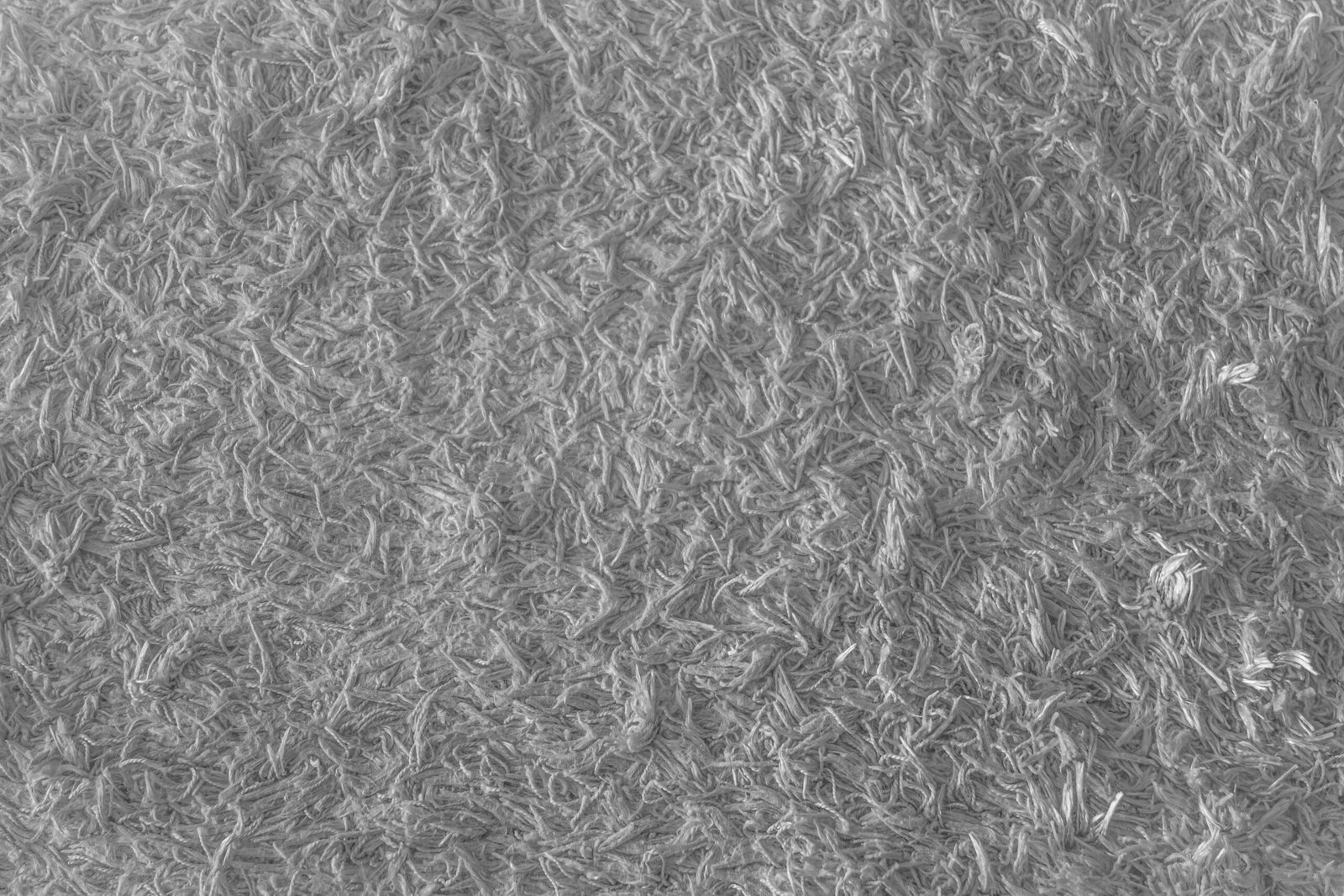Are you tired of constantly feeling hungry even after you’ve had a meal? If so, then you’ll be relieved to discover the magic of fiber in fruits and vegetables. Fiber plays a crucial role in helping you feel full and satisfied. Not only does it help regulate your digestion, but it also slows down the digestion process, making you feel fuller for longer. So, if you’re looking for a natural and healthy way to curb your cravings and maintain a healthy weight, incorporating fiber-rich fruits and vegetables into your diet is the way to go. You’ll not only nourish your body with essential vitamins and minerals but also experience a newfound sense of satiety.
The Role of Fiber in Fruits and Vegetables for Feeling Full
What is Fiber?
Fiber, also known as roughage, is a type of carbohydrate found in plant-based foods such as fruits, vegetables, whole grains, nuts, and seeds. Unlike other carbohydrates, fiber is not broken down by the body into sugar molecules. Instead, it passes through the digestive system largely intact. Fiber comes in two forms: soluble and insoluble, and each has its unique benefits for our overall health.
How Does Fiber Help in Feeling Full?
One of the primary benefits of fiber is its ability to help you feel full and satisfied after a meal. When you include fiber-rich foods in your diet, they take up space in your stomach, adding volume without adding excessive calories. As a result, you feel more satisfied and are less likely to overeat or indulge in unhealthy snacks between meals.
Moreover, fiber slows down the digestion process, keeping you feeling fuller for longer. This is because it helps to regulate blood sugar levels, preventing unwanted spikes and crashes that can leave you feeling hungry and reaching for unhealthy foods. Combined with a balanced diet and regular exercise, fiber can play a crucial role in managing your overall calorie intake and weight.
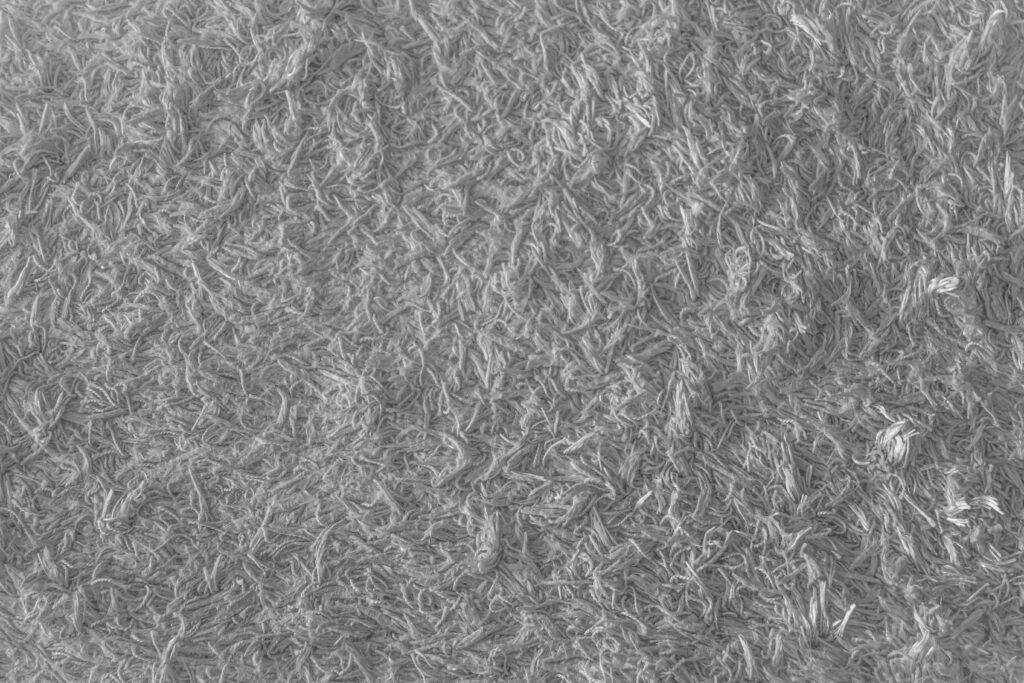
Different Types of Fiber in Fruits and Vegetables
Fruits and vegetables are excellent sources of both soluble and insoluble fiber. Soluble fiber dissolves in water and forms a gel-like substance, creating a feeling of fullness and aiding in digestion. It can be found in fruits such as apples, oranges, berries, and pears, as well as in vegetables like carrots, Brussels sprouts, and sweet potatoes.
On the other hand, insoluble fiber adds bulk to the stool and helps prevent constipation. It can be found in foods like leafy greens, broccoli, cauliflower, and celery. By incorporating a variety of fiber-rich fruits and vegetables into your diet, you can benefit from the combined effects of both types of fiber.
Recommended Daily Fiber Intake
The amount of fiber you need each day depends on several factors, including your age, sex, and overall health. According to the Dietary Guidelines for Americans, the recommended daily fiber intake for adults is 25 to 38 grams. However, studies have shown that the majority of people fall short of meeting this recommendation.
To increase your fiber intake and enjoy its numerous benefits, aim to include a variety of fruits and vegetables in your meals and snacks throughout the day. By doing so, you can easily reach and even exceed the recommended daily fiber intake.

Fruits High in Fiber for Feeling Full
Fruits are a delicious and natural way to incorporate fiber into your diet while satisfying your sweet tooth. Some fruits are particularly high in fiber and can help you feel fuller for longer. Here are a few examples:
-
Apples: With an average of 4 grams of fiber per medium-sized apple, they make a perfect portable snack.
-
Berries: Strawberries, raspberries, and blackberries are not only bursting with flavor but also rich in fiber, ranging from 3 to 8 grams of fiber per cup.
-
Pears: Pears are an excellent source of dietary fiber, providing around 5.5 grams of fiber in a medium-sized fruit.
Vegetables High in Fiber for Feeling Full
Vegetables are a powerhouse of nutrients and are excellent sources of fiber. Incorporating a variety of vegetables into your meals ensures that you receive an abundance of essential fiber. Some fiber-rich vegetables include:
-
Broccoli: This cruciferous vegetable is not only packed with vitamins and minerals but also contains approximately 5 grams of fiber per cup.
-
Brussels Sprouts: These small green gems are loaded with fiber, providing around 4 grams per cup when cooked.
-
Sweet Potatoes: Rich in dietary fiber, a medium-sized sweet potato can provide you with around 3.8 grams of fiber.
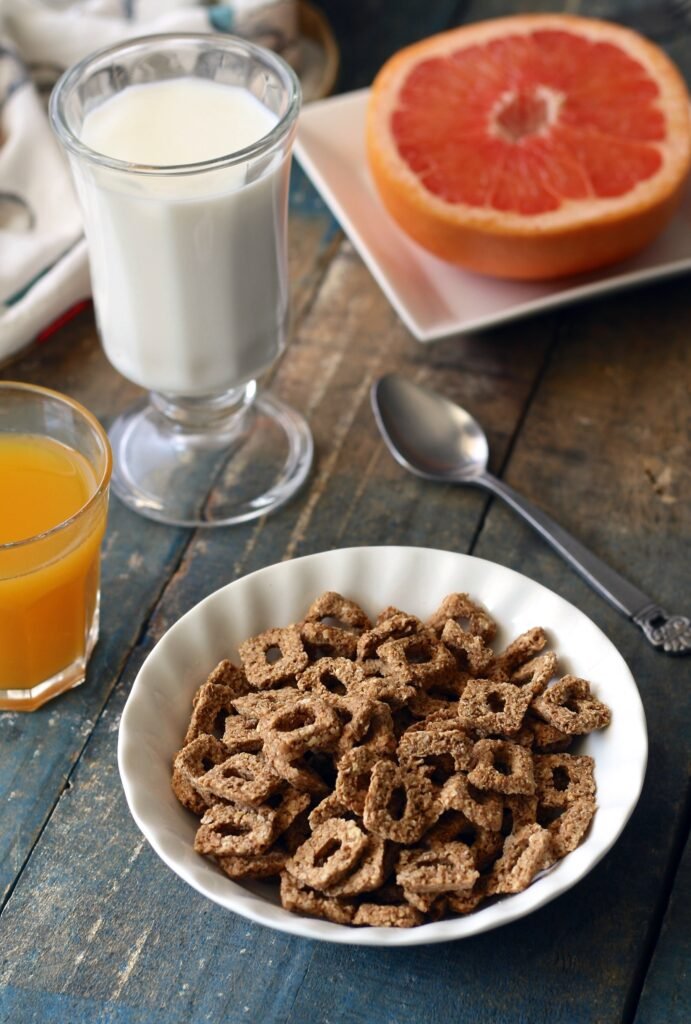
Fiber-Rich Fruits and Vegetables in Weight Management
If you are looking to manage your weight or even shed a few pounds, fiber-rich fruits and vegetables can be your best friends. By including them in your meals, you can enjoy larger portions without consuming excessive calories.
The high fiber content in these foods not only promotes feelings of fullness and satisfaction but also aids in digestion. By keeping you feeling fuller for longer, fiber helps prevent unnecessary snacking and overeating, leading to better weight management outcomes.
The Importance of Fiber for Digestive Health
In addition to its role in helping you feel full, fiber is crucial for maintaining a healthy digestive system. Insoluble fiber adds bulk to the stool, helping to regulate bowel movements and prevent constipation. This is especially important for individuals who struggle with irregularity or gastrointestinal issues.
Moreover, soluble fiber acts as a prebiotic, providing nourishment for the beneficial bacteria in your gut. These bacteria play a vital role in promoting healthy digestion and a strong immune system. By consuming fiber-rich fruits and vegetables, you can support the growth of these friendly bacteria and maintain optimal digestive health.
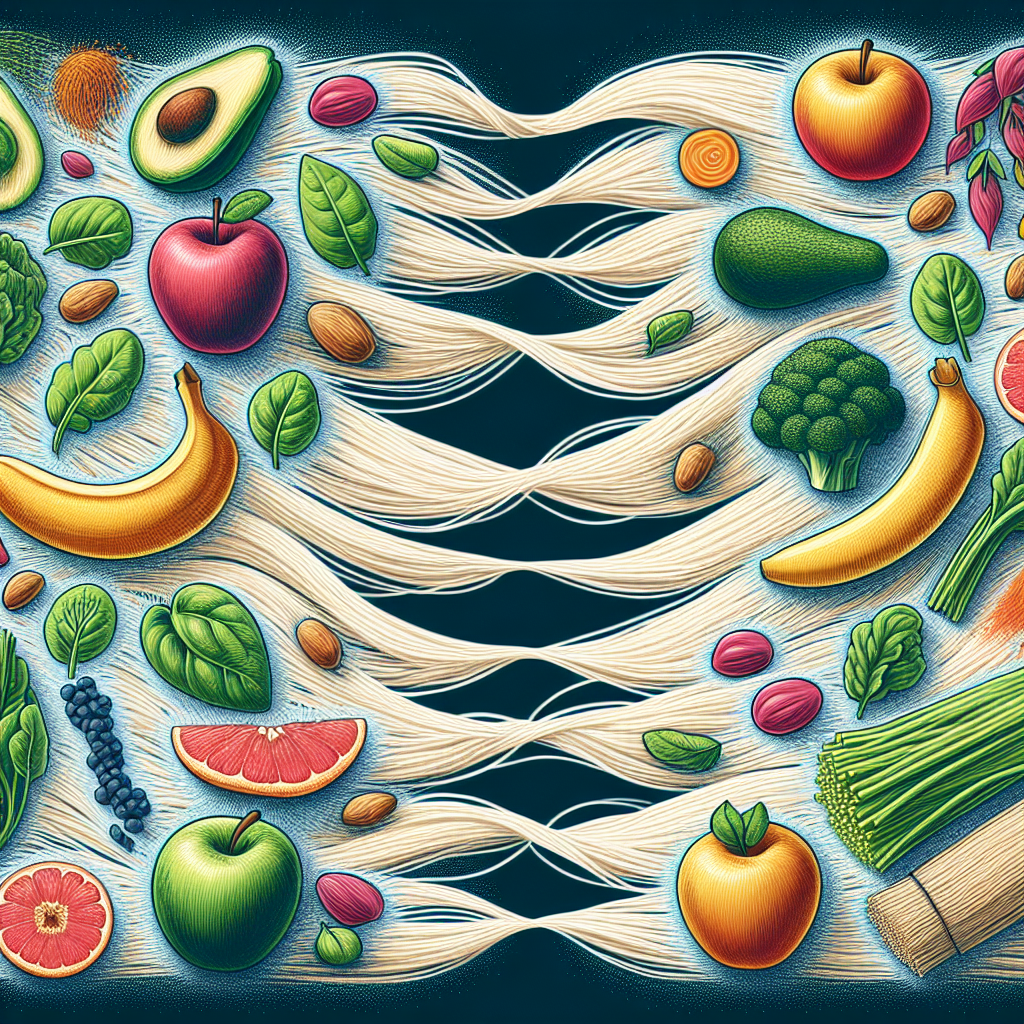
Fiber Content in Processed Fruits and Vegetables
While it is always best to enjoy fresh fruits and vegetables, there are times when convenience or availability may lead us to choose processed options. It is essential to be aware that the fiber content in processed fruits and vegetables may differ from their fresh counterparts.
During processing, fruits and vegetables may undergo changes that reduce their fiber content. For example, when fruits are canned or juiced, some of the fiber is lost. Similarly, cooking vegetables can also decrease their fiber content. Therefore, it is advisable to check nutrition labels and opt for minimally processed options whenever possible to maximize your fiber intake.
Tips for Increasing Fiber Intake
If you are looking to increase your fiber intake, here are some simple tips that can help:
-
Start gradually: Increase your fiber intake gradually to allow your body to adjust. Sudden dietary changes can lead to gastrointestinal discomfort, such as bloating or gas.
-
Vary your fruit and vegetable choices: Incorporate a wide variety of fruits and vegetables into your diet to enjoy a range of fiber types and other essential nutrients.
-
Include whole grains: Whole grains such as oats, whole wheat bread, and brown rice are excellent sources of fiber. Swap refined grains for whole grains to increase your fiber intake.
-
Snack on nuts and seeds: Nuts and seeds are not only tasty but also packed with fiber and healthy fats. Enjoy a handful as a satisfying snack or sprinkle them on top of salads and yogurt.
-
Stay hydrated: Remember to drink plenty of water when increasing your fiber intake as it helps fiber move through your digestive tract smoothly.
By following these tips, you can easily and effectively increase your fiber intake, leading to improved feelings of fullness, better digestion, and overall enhanced well-being.
In conclusion, fiber plays a vital role in helping you feel full and satisfied after meals. By including fiber-rich fruits and vegetables in your diet, you can improve your overall health, manage your weight, and support optimal digestive function. So, make it a point to enjoy a rainbow of fruits and vegetables every day and reap the many benefits of fiber for a healthier and more fulfilling life.
